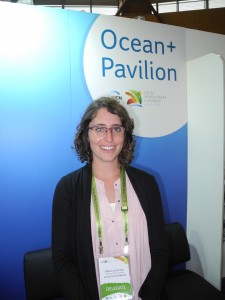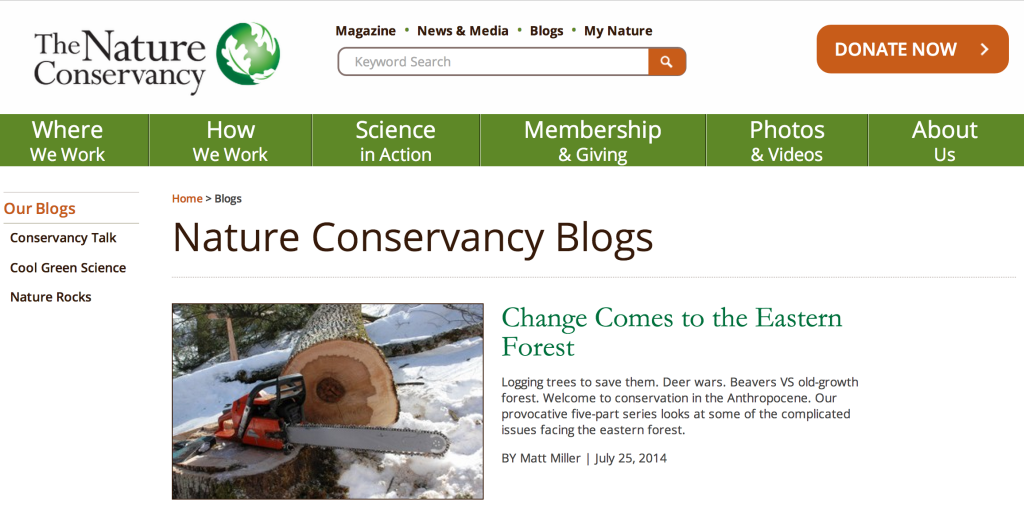As a social scientist focused on marine conservation and governance my streams led to the ocean at the World Parks Congress in Sydney. While the discourse has been wide-ranging, two relatively new developments have stood out in events and discussions: new technologies for science and surveillance, and very large marine protected areas. For example, in an event I attended this morning called “Global Fishing Watch: the first global view of high seas fishing through big data analysis by Google, Oceana & Skytruth” a rapt audience looked on as a Google representative showcased technology and analytics for tracking, analyzing, and mapping commercial fishing activity at a global scale. Using satellites and vessel monitoring systems, the program, Skytruth, displays the movement of individual fishing vessels on a visually stunning and interactive map that will soon be publicly available. Oceana, a marine conservation organization, is already looking for opportunities to integrate this kind of ‘big data’ into conservation governance, such as certification schemes for sustainable fishing.
Very large marine protected areas – often defined as those greater than 100,000km2 – also received lots of air time at the World Parks Congress. We heard most notably from the leaders of Palau, Kiribati, and Cook Islands, who described plans, opportunities, and challenges for designating, monitoring, and financing enormous marine protected areas in their exclusive economic zones. The question of how these areas would be enforced was perhaps the most frequent, and the answers tied to technologies such as drones. Historically relatively neglected in global conservation governance processes, the oceans are now a major focus of attention.
Rebecca Gruby



